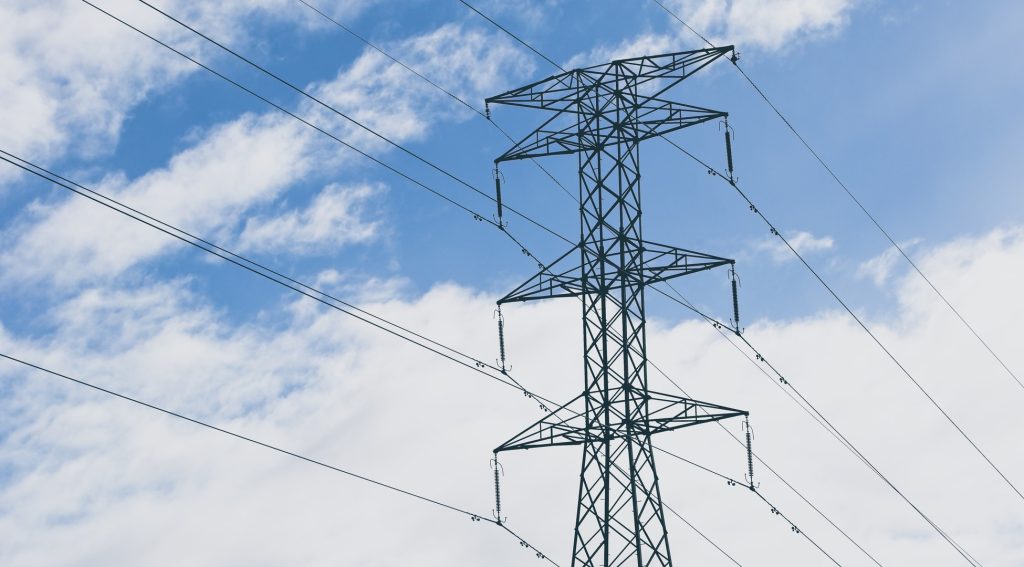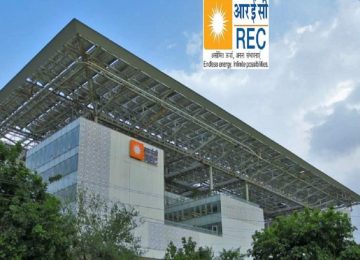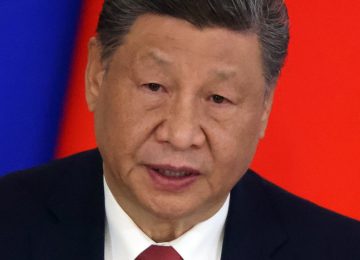The National Solar Energy Federation of India (NSEFI) is urging the Indian government to extend the Inter-State Transmission System (ISTS) charges waiver for renewable energy projects facing unavoidable delays.
This critical waiver, which plays a pivotal role in making renewable power more competitive, is set to expire, potentially impacting projects worth nearly Rs 5 lakh crore.
The NSEFI has highlighted that many renewable energy developers made significant early investments, including securing land, achieving financial closure, and signing agreements, based on the original waiver notification from the Ministry of Power (MoP).
However, unforeseen delays have put these projects at risk of missing the June 30, 2025, commissioning deadline, which would disqualify them from the waiver.
Key reasons for these delays include a nearly two-year lag in the Central Electricity Regulatory Commission’s (CERC) ratification of the waiver, which only occurred in February 2023.
Additionally, prolonged approvals under Section 68(1) of the Electricity Act, exacerbated by an ongoing Supreme Court case concerning Great Indian Bustard conservation, and delays in transmission planning, connectivity effectiveness, and the commissioning of critical transmission infrastructure have contributed to the issue.
Some developers who applied for ISTS connectivity well before June 2023 are only now receiving effectiveness dates for 2026 or 2027. To safeguard these projects, the NSEFI has proposed a milestone-based eligibility framework for the waiver extension.
They recommend that projects be considered eligible if they applied for transmission connectivity on or before June 30, 2023, achieved financial closure, acquired at least 50% of the required land, and placed orders for wind turbine generators and/or inverters.
The federation argues that this approach aligns with CERC’s regulations and recent MoP notifications that granted similar waiver flexibility to pumped storage and battery storage projects.
According to NSEFI, the criteria will ensure that only serious and committed renewable energy developers who factored the ISTS waiver into their project design and commercial commitments will benefit from the extension.
The federation’s appeal to the Prime Minister’s Office seeks to extend the ISTS charges waiver to projects commissioned by June 2026 if they meet these specific criteria, a move crucial for protecting the viability of numerous renewable energy initiatives vital for India’s clean energy transition.












